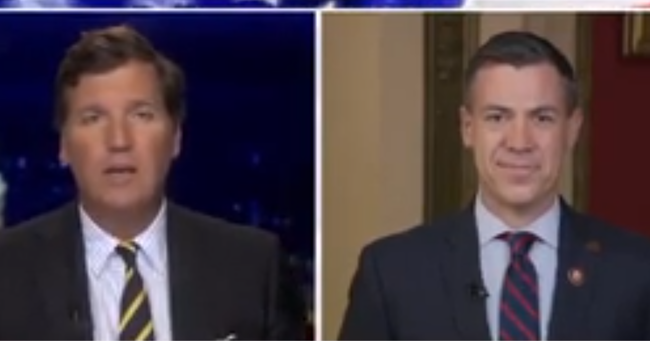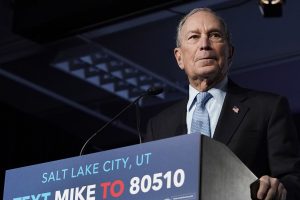With more Republican Senators pointing out the dangers of relying on China-focused supply chains for critical products like medications, others are warning that the US government must hold Beijing accountable for failing to suppress the outbreak before it became a global pandemic.
Building on President Trump’s vexing insistence of referring to COVID-19 as a “Chinese virus” in an effort to subtly push back against Chinese propaganda seeking to blame the US for the outbreak.
Liberals sometimes seem like lose the ability to think logically once an accusation of ‘racism’ has made. But in this case, Beijing almost seems like it’s trying to literally edit history. Given the circumstances, we think Trump is justified in wheedling China, not to say that there aren’t other factors to consider.
For example, Beijing possesses a certain capacity to wreak havoc in the US. As we’ve discussed, they could retaliate by dumping Treasurys and/or disrupting supply chains. They could send Elon Musk and Tesla packing, just like how they almost booted FedEx during the Huawei showdown. There are many other options.
Regardless, Beijing’s attempts to push its twisted narrative are growing increasingly brazen, as the following video, aired on Chinese state-run television, shows:
Central China TV
“Expert” : “The US pushed out the vaccine so quickly, that only means they have been working on it way before the pandemic.”
Host: “So we can conclude that the US had this virus in their possession long ago”CCP nonstop smear campaign
— 黃子茵 霧亭 全民大契約 (@wutingzy) March 19, 2020
Which is why some are demanding that some restitution should be made, as Beijing would surely demand the same if the shoe were on the other foot. Rep. Jim Banks suggested that President Trump should “demand reparations” from Beijing during an interview with Tucker Carlson on Fox News.
Carlson referred to Banks as “one of the few and loudest voices” speaking out about holding China accountable.
We suspect that over the coming weeks, this idea will move closer to the mainstream political conversation as frustration builds over the unprecedented economic and public health crises.
Watch the interview below:















